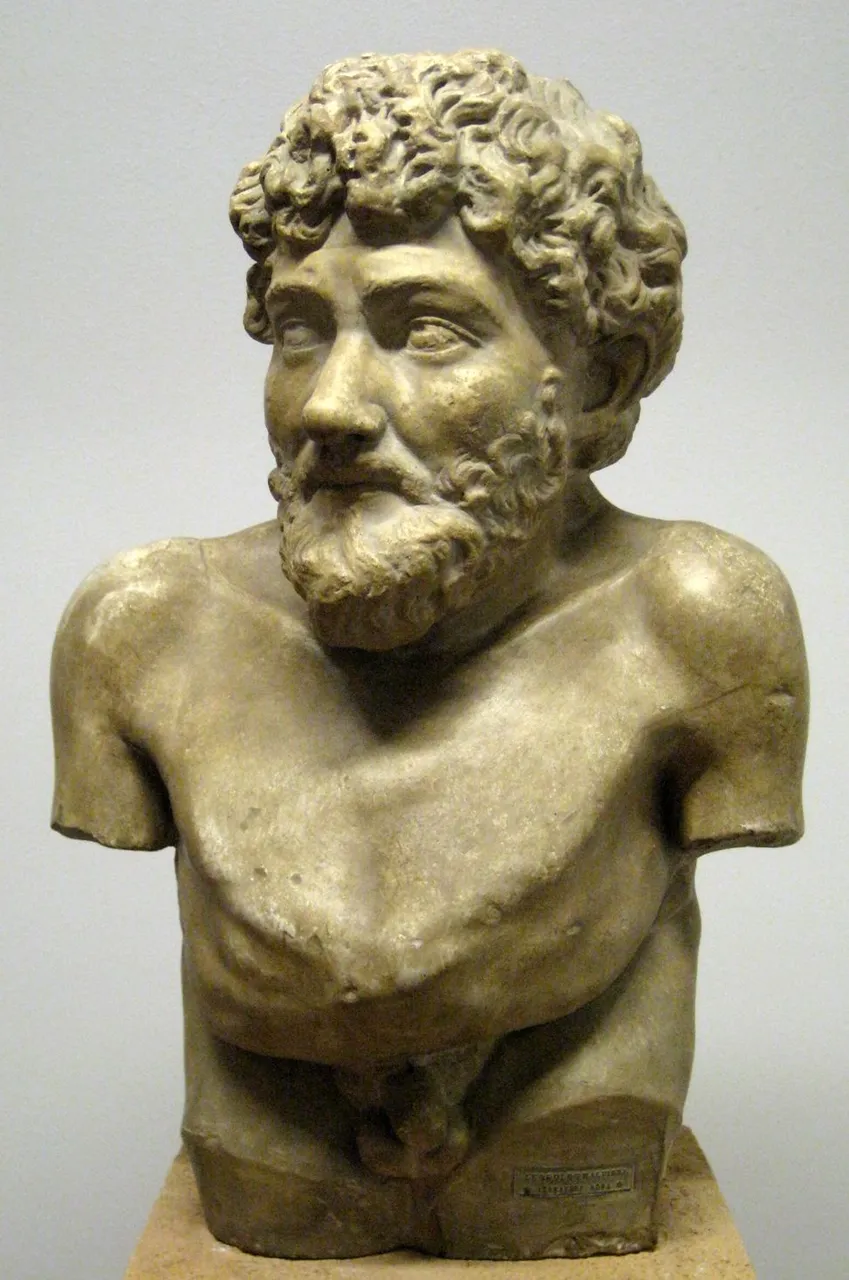The Life of Aesop, as told by Jean de La Fontaine, last part (13)

Aesop, on his return to Babylon, was received by Lycurgus with great demonstrations of joy and benevolence: the king had a statue erected with his figure. The desire to see and learn made him renounce all these honors. He left the court of Lycurgus, where he had all the advantages one could wish for, and took leave of that prince to see Greece once more. Lycurgus did not let him go without kisses and without tears, and without making him promise on the altars that he would return to end his days with him.
Among the cities where he stopped, Delphi was one of the main ones. The Delphians listened to him most willingly, but they did him no honor. Aesop, piqued by this contempt, compared them to the sticks that float on the wave: one imagines from afar that it is something considerable; up close, we find nothing. The comparison cost him dearly. The Delphians conceived such a hatred of him and such a violent desire for revenge (besides that they feared being decried by him), that they resolved to remove him from the world. To achieve this, they hid one of their sacred vessels among his clothes, claiming that by this means they would convict Aesop of theft and sacrilege, and they would condemn him to death.
As he left Delphi and took the road to Phocis, the Delphians came running like people who were in trouble. They accused him of having stolen their vase; Aesop denied it with an oath: his crew was searched, and the vase was found. All that Aesop could say did not prevent him from being treated as an infamous criminal. He was brought back to Delphi, loaded with irons, put in dungeons, then condemned to be thrown. It was of no avail to him to defend himself with his ordinary weapons, and to tell apologs: the Delphians laughed at them.
The frog, he told them, had invited the rat to come and see it. In order to make him cross the wave, she tied him to her foot. As soon as he was on the water, she wanted to drag him to the bottom, with the intention of drowning him and then making a meal of him. The unfortunate rat resisted for a while. As he struggled on the water, a bird of prey saw him, and swooped down on him; and having removed it with the frog, which could not be detached, he feasted on both. It is thus, abominable Delphians, that one more powerful than us will avenge me: I will perish, but you will also perish.
As he was being led to his execution, he found a way to escape and entered a small temple dedicated to Apollo. The Delphians pulled him out. You are violating this asylum, he tells them because it is only a small temple; but a day will come when your wickedness will find no safe retreat, not even in the big temples. The same thing will happen to you as to the eagle, which, notwithstanding the prayers of the snail, carried away a hare that had taken refuge with him: the generation of the eagle was punished for it even in the bosom of Jupiter. The Delphians, little touched by all these examples, precipitated it.
Shortly after his death, a very violent plague wreaked havoc on them. They asked the oracle how they could appease the wrath of the gods. The oracle answered them that there was nothing else but to expiate their crime and to satisfy the ghosts of Aesop. Immediately a pyramid was erected. The gods did not alone bear witness to how much they displeased this crime: men also avenged the death of their sage. Greece sent commissioners to inform them of it and made it a severe punishment.
Previous part: The Life of Aesop, part 12